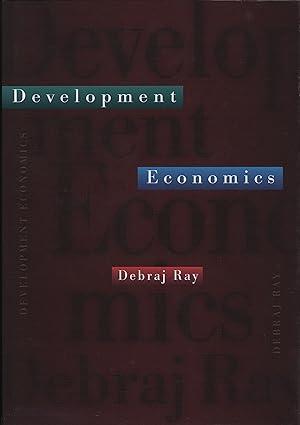Consider a production cooperative with just two farmers. Each farmer chooses independently how much labor to supply
Question:
Consider a production cooperative with just two farmers. Each farmer chooses independently how much labor to supply to the cooperative. Each unit of labor is supplied at an opportunity cost of w. Output is produced by means of a standard production function (exhibiting diminishing returns), with input equal to the aggregate quantity of labor put in by the two farmers. There is no other variable input of production.
(a) Draw production and total cost as a function of labor input. Find (dia-grammatically) the amount of labor input that maximizes farm surplus.
(b) Now return to the problem where labor is supplied independently. Show that if total output is divided equally among the two farmers, production will fall short of the answer in part (a).
(c) Next, suppose that farmer 1 receives a share s > 1/2 of the total output, while farmer 2 gets 1 − s (everything else is the same as before). Describe what happens to production and labor efforts as s varies between 1/2 and 1.
(d) Now change the problem by supposing that each farmer has an increasing marginal cost of supplying labor, instead of the constant marginal cost w. (But assume that the cost function for each farmer is the same.) Now describe how you would solve for the surplus maximizing labor inputs and total output, just as you did in part (a).
(e) Suppose you were to redo part (c) with the conditions of part (d). What difference would this make to your answer?
(f) Try to intuitively relate this exercise to the problem of Marshallian inefficiency in sharecropping.
Step by Step Answer:






